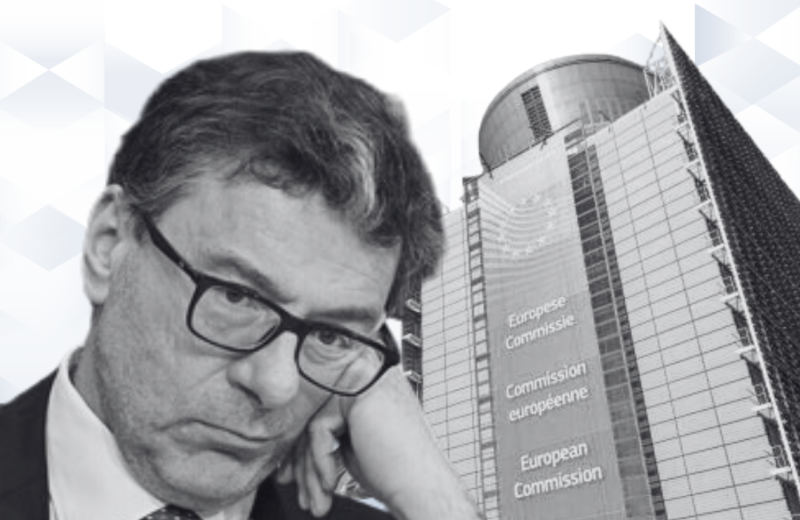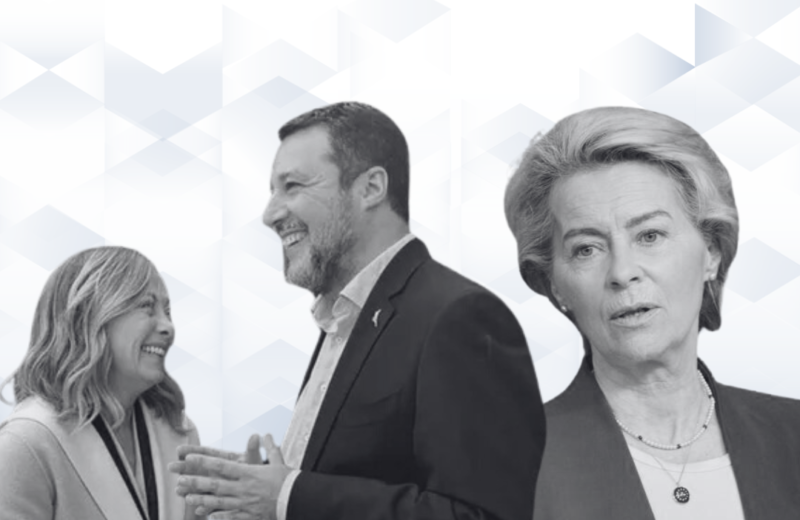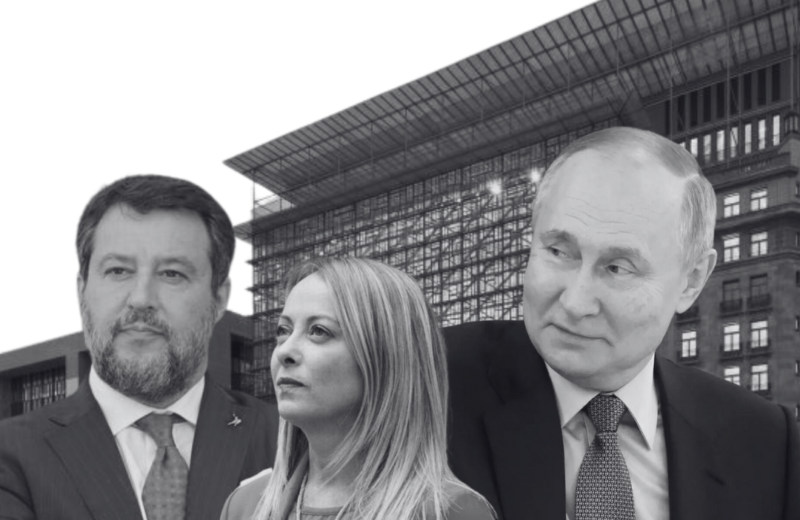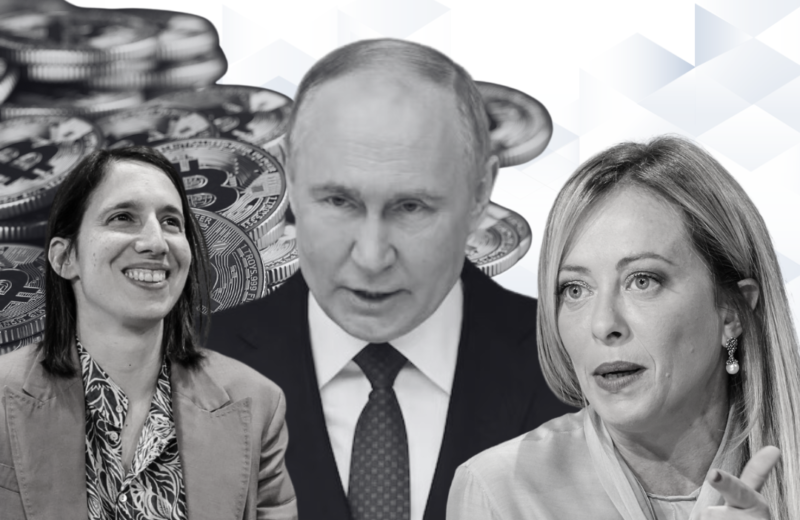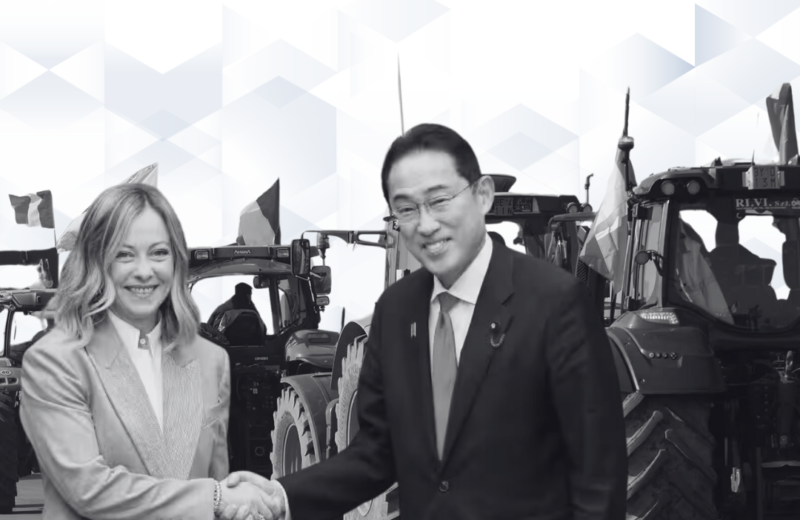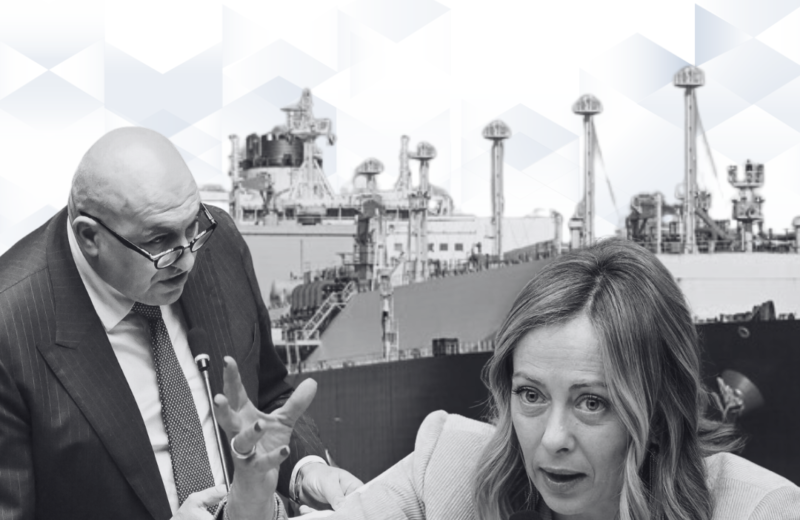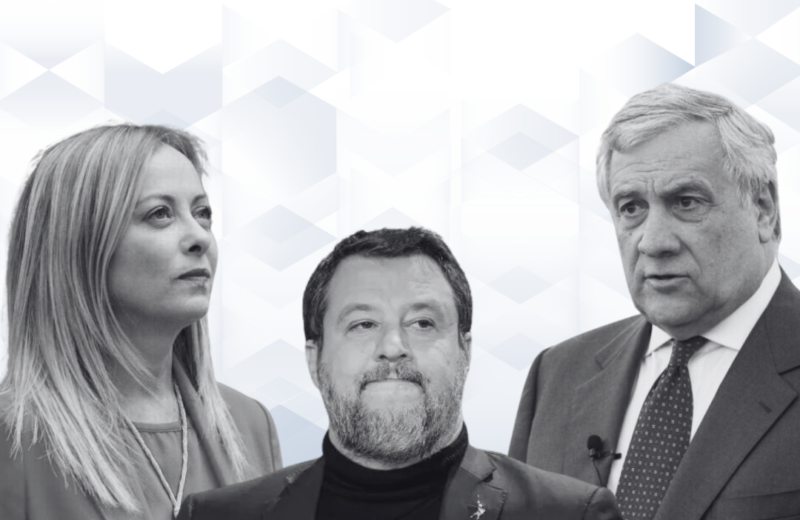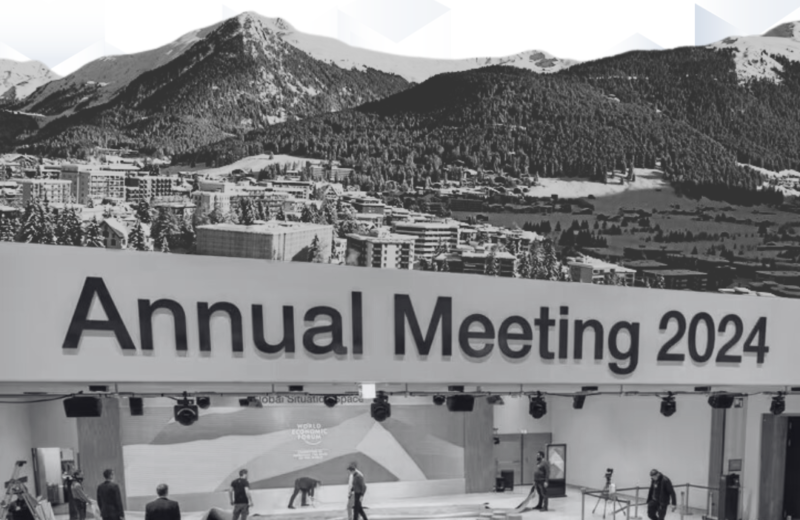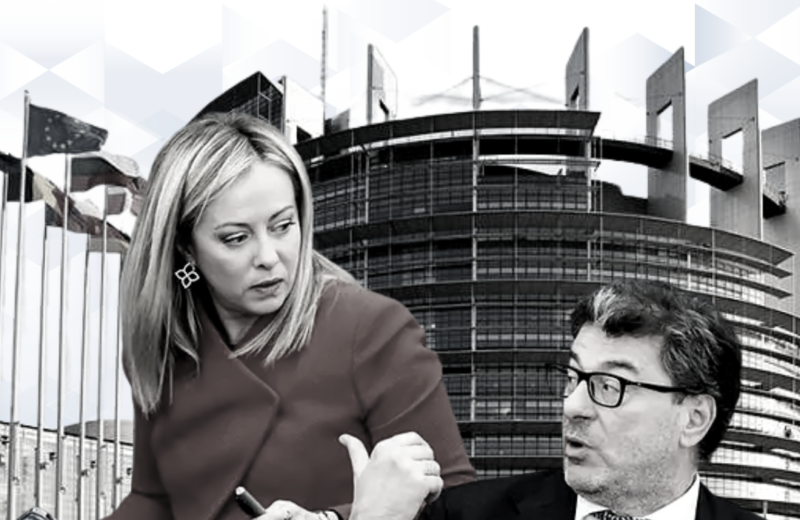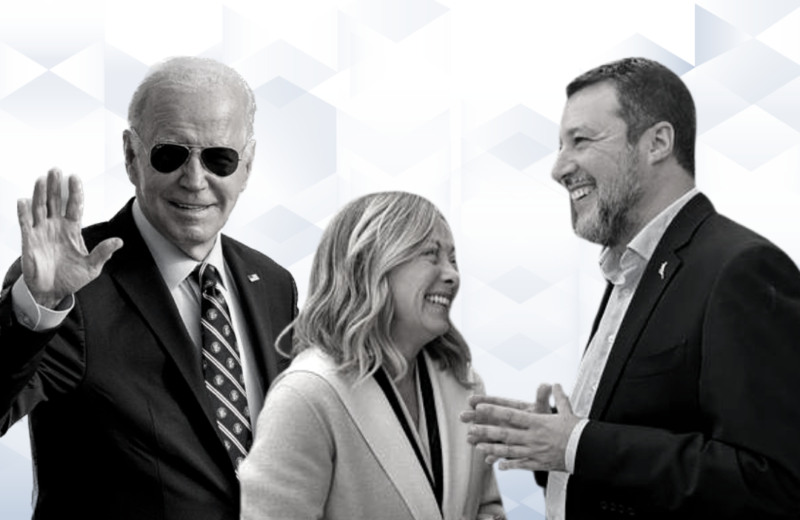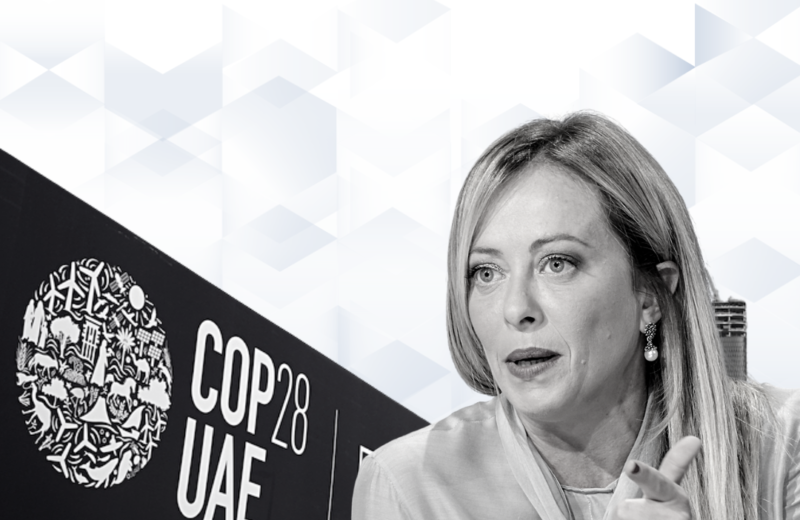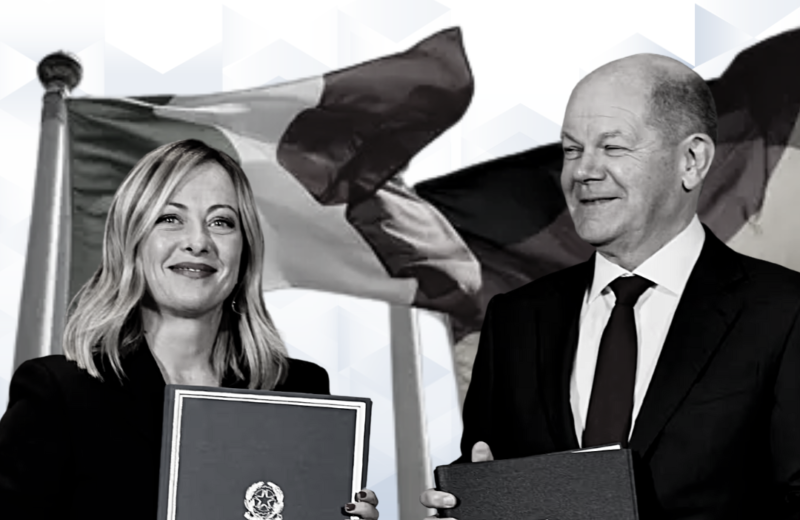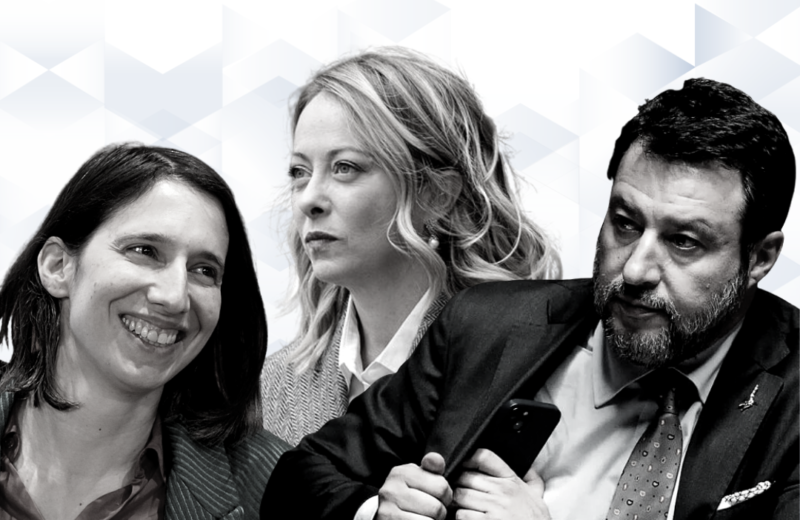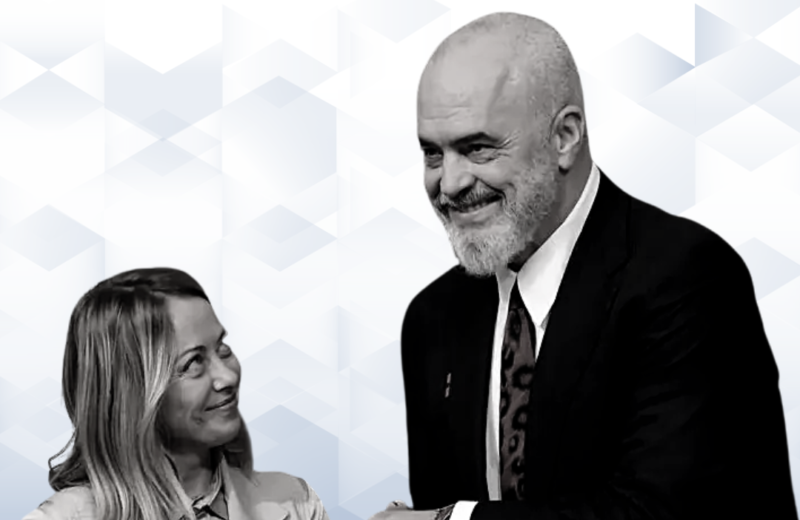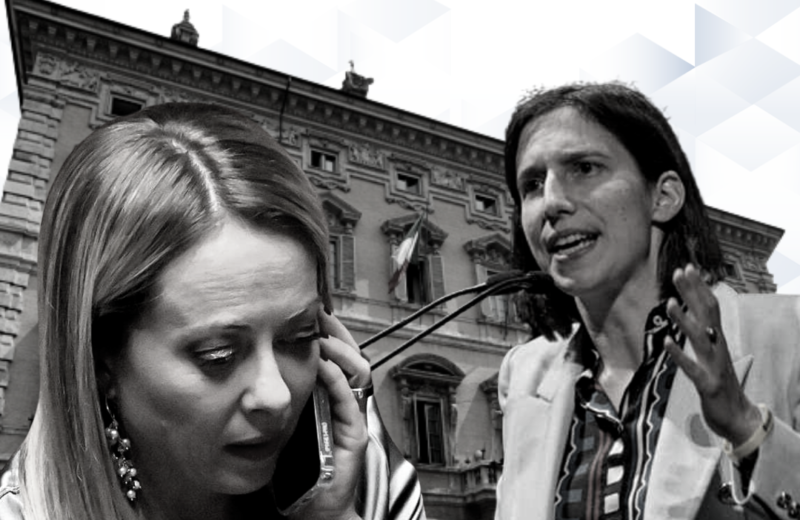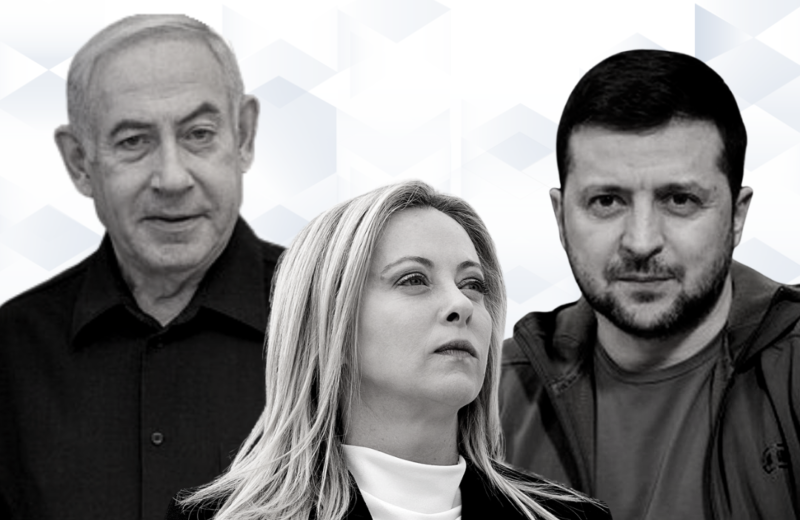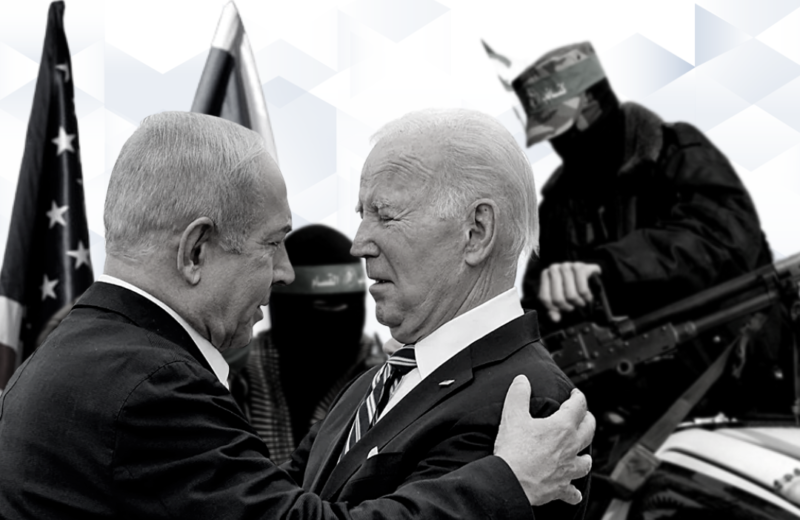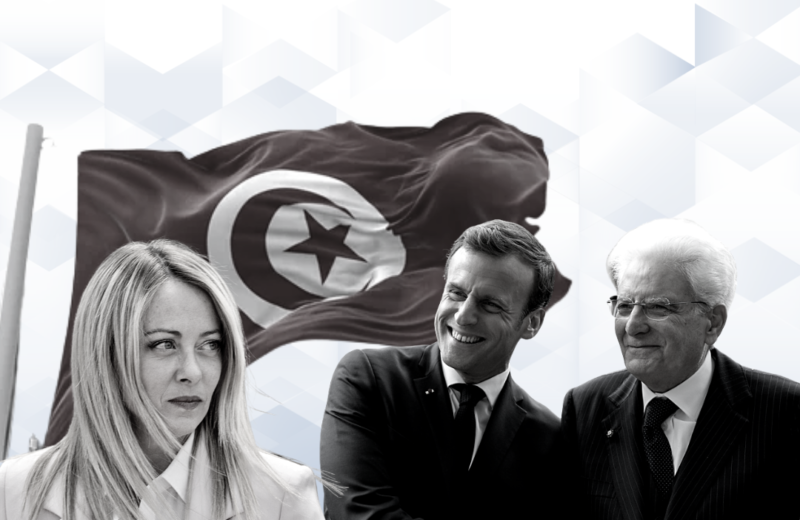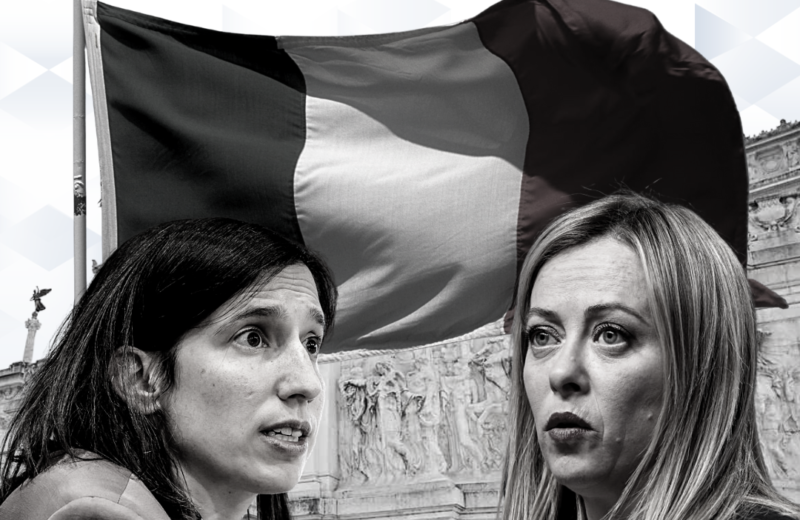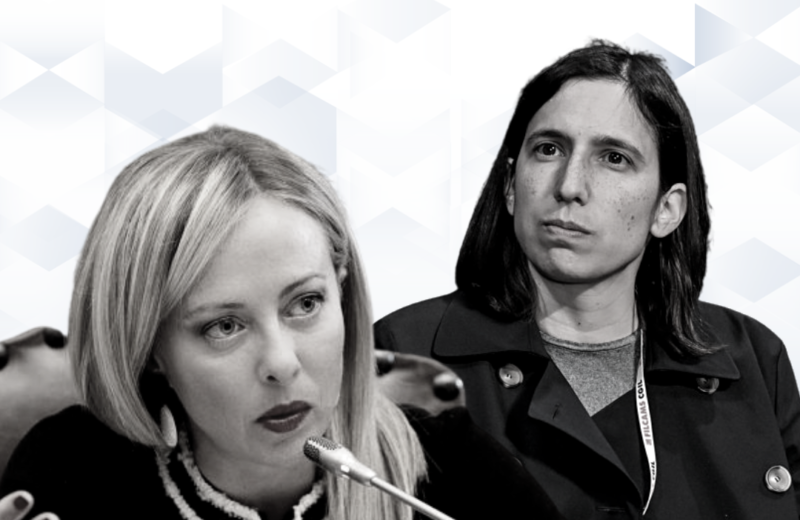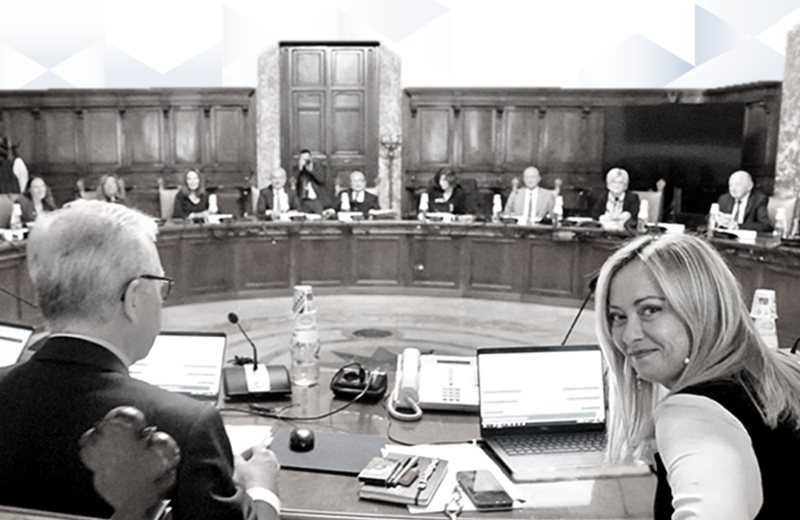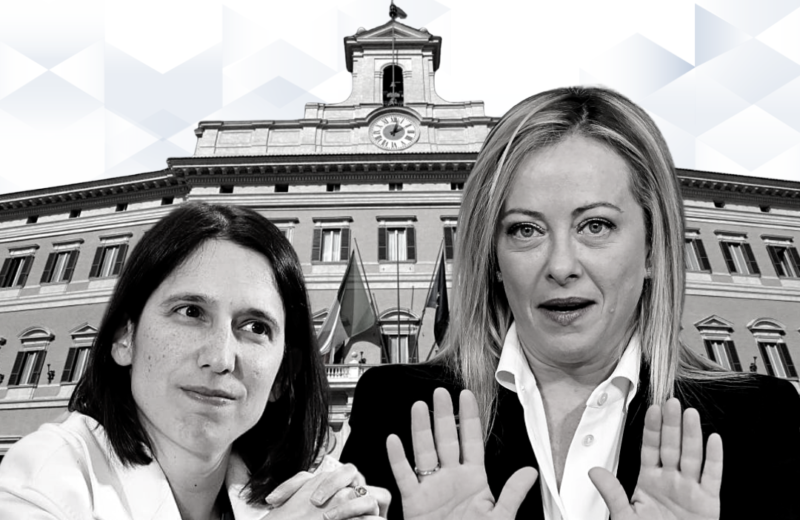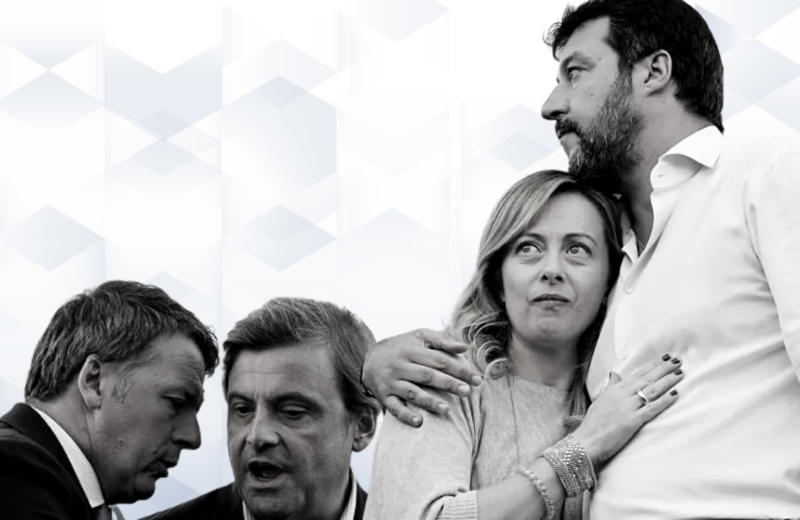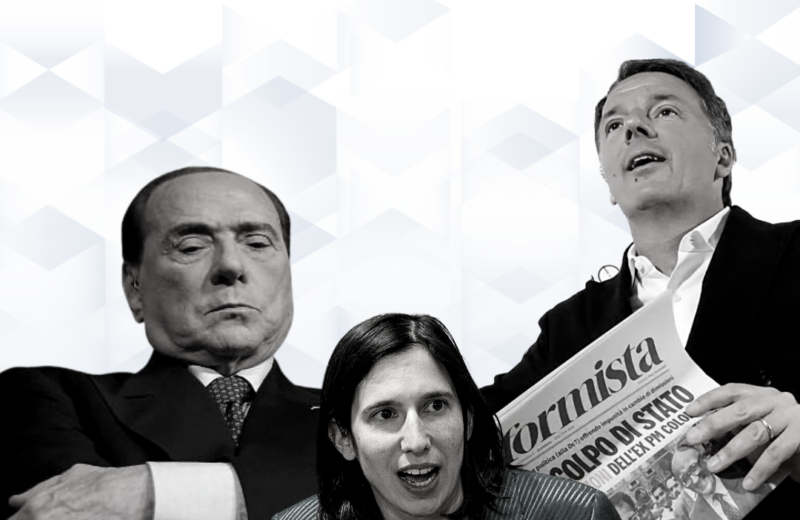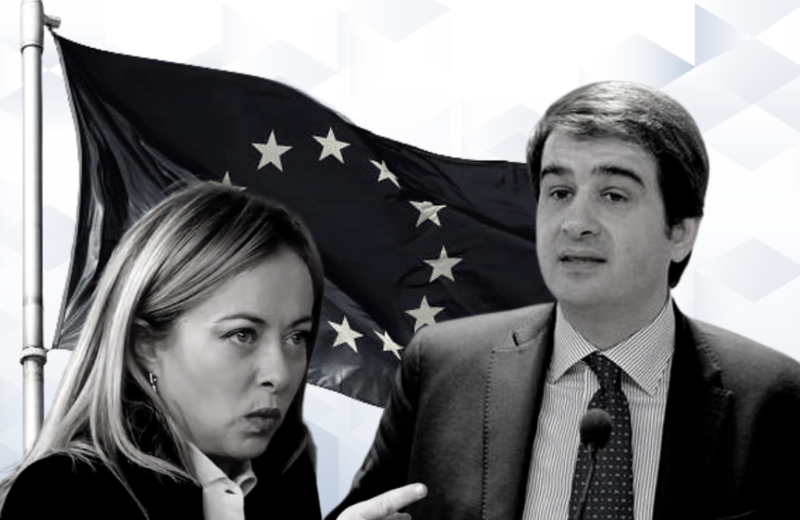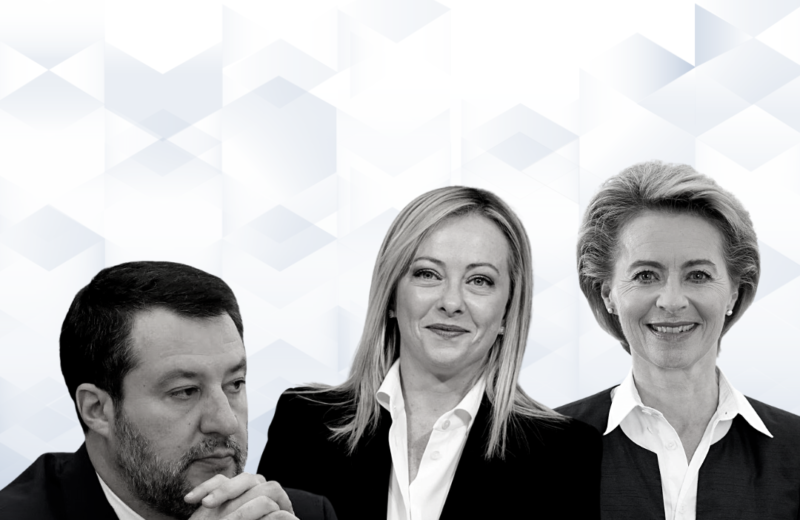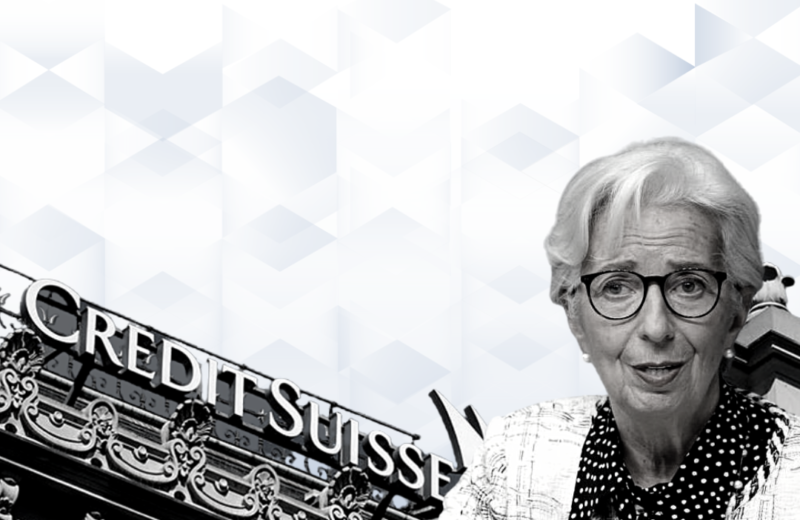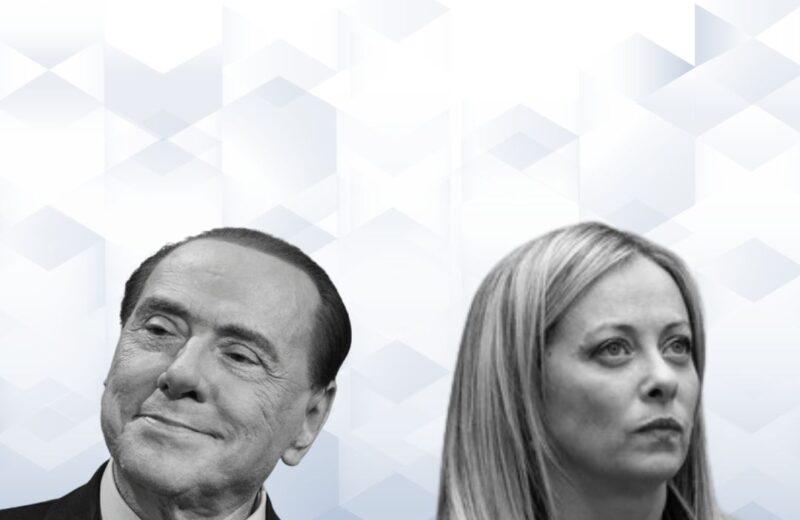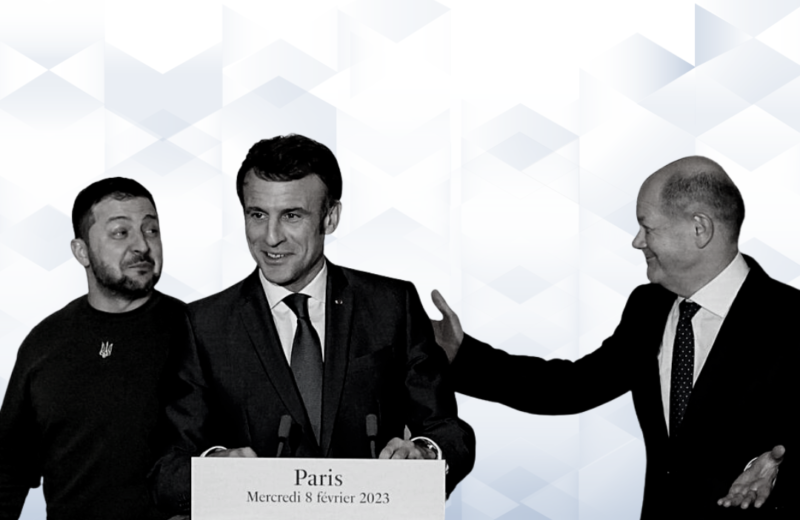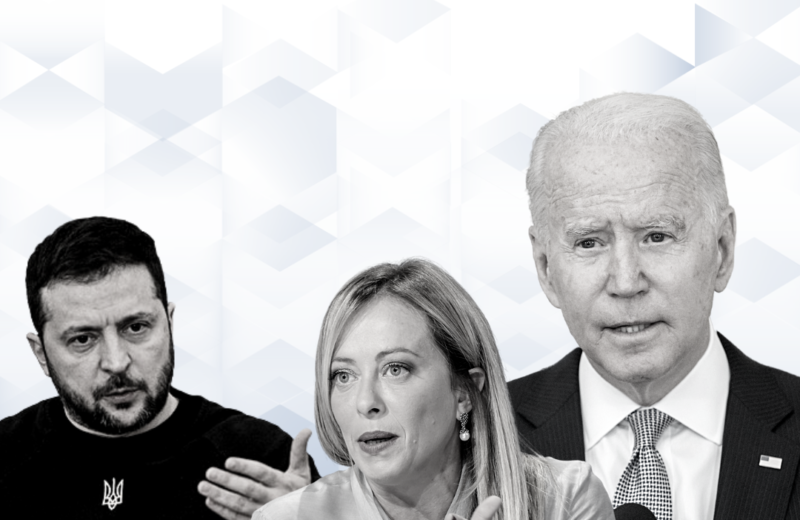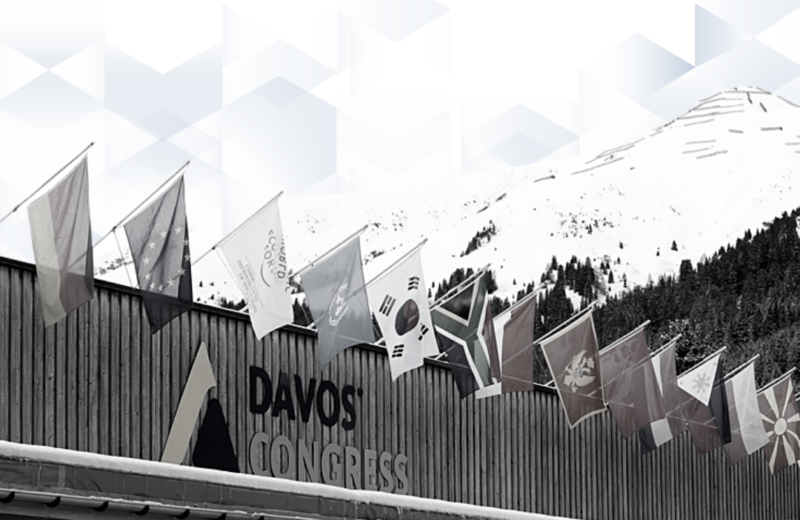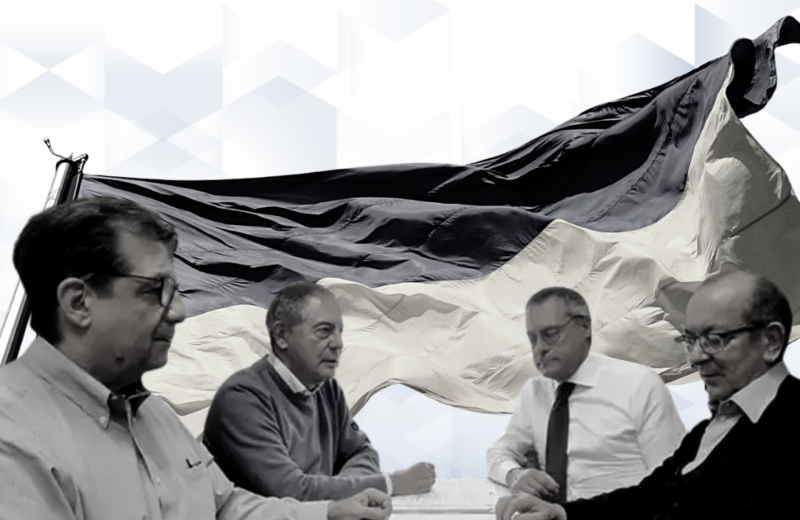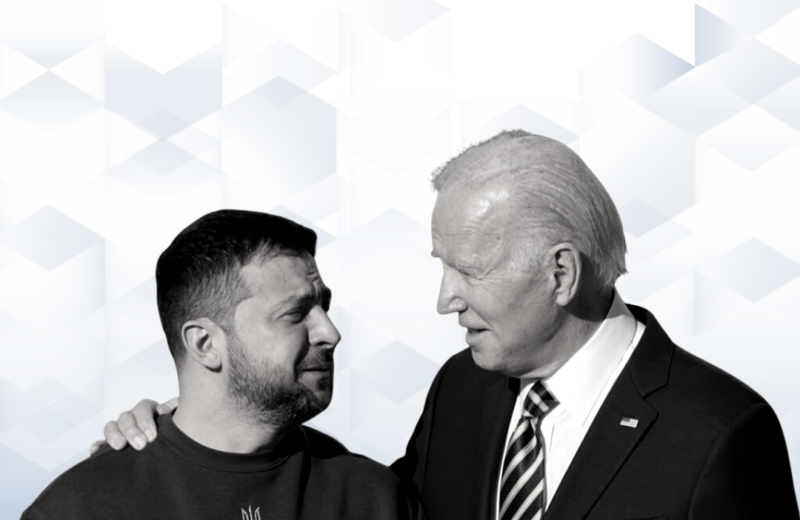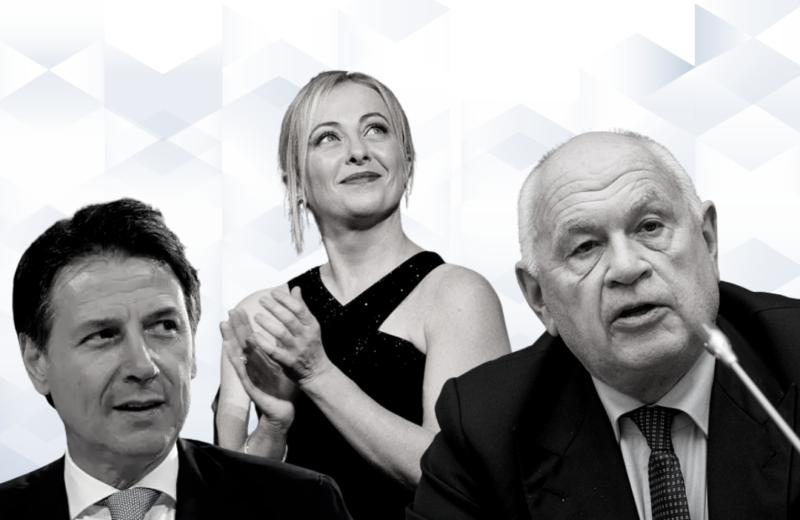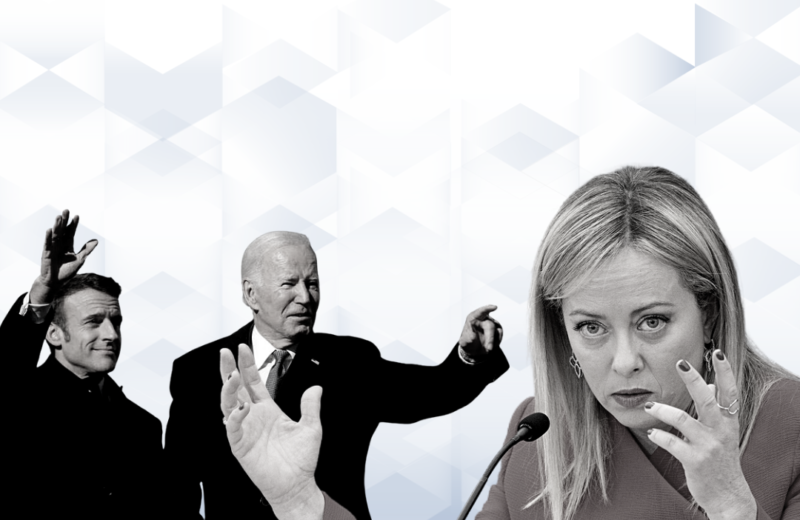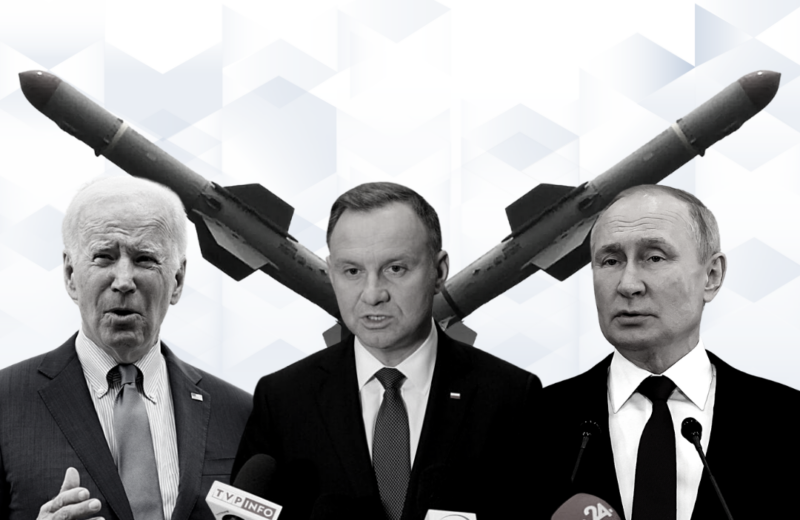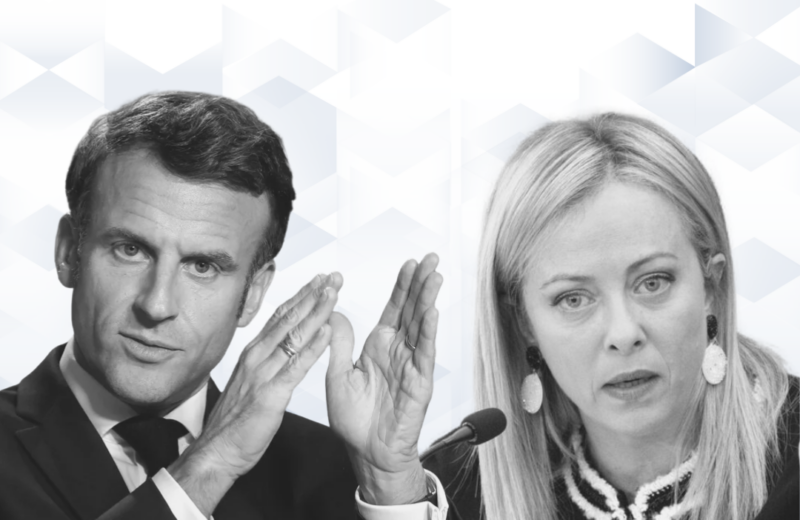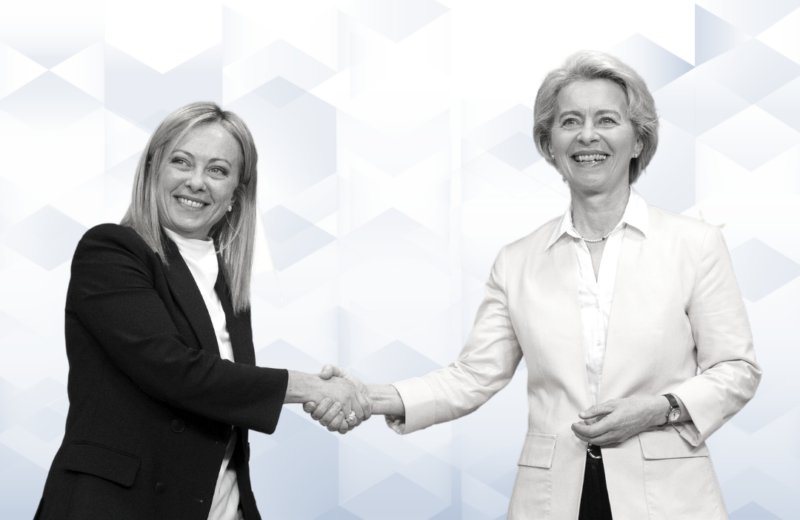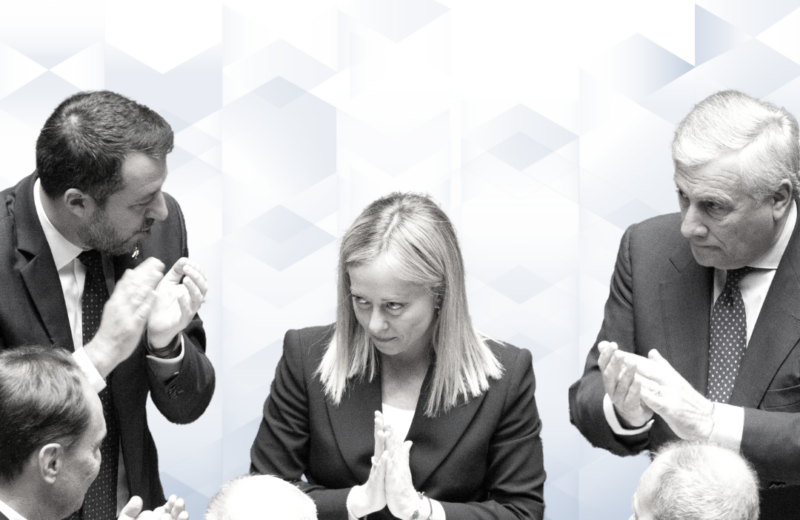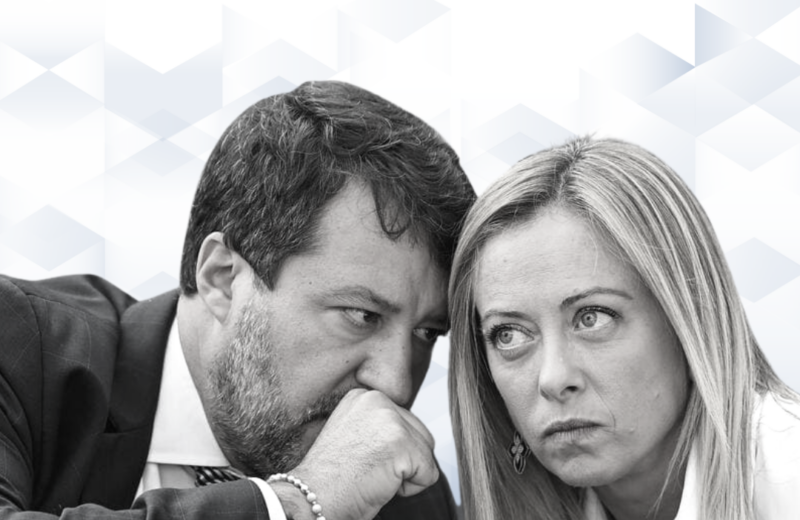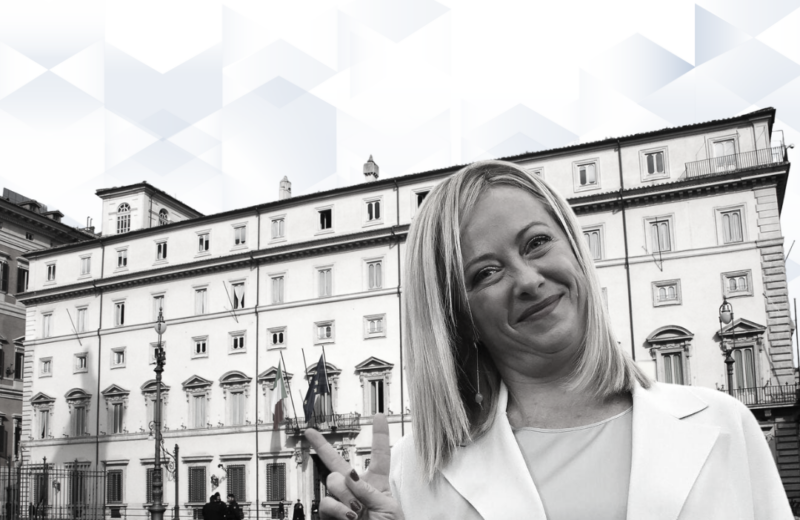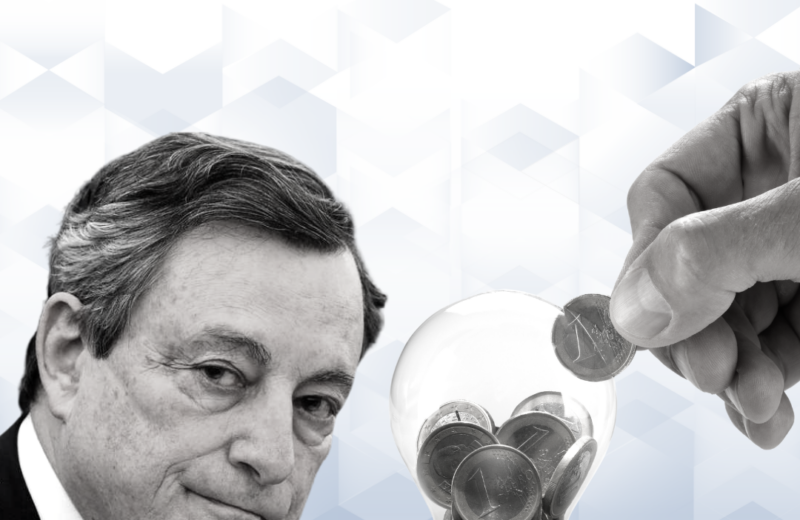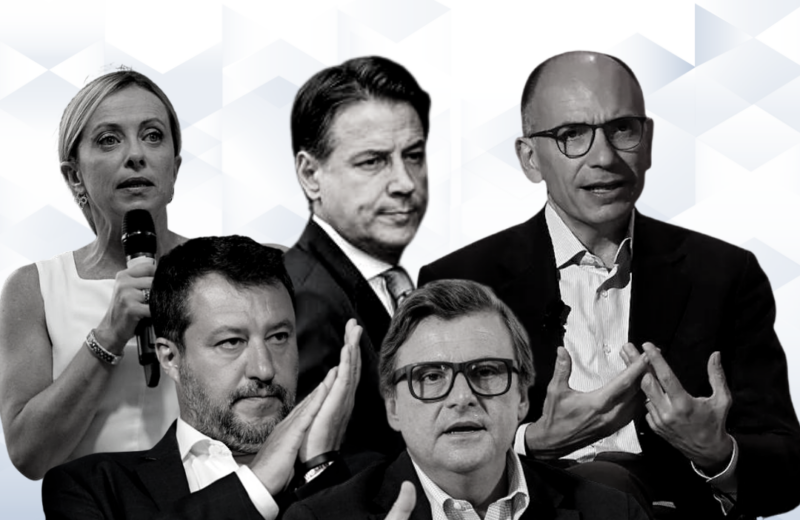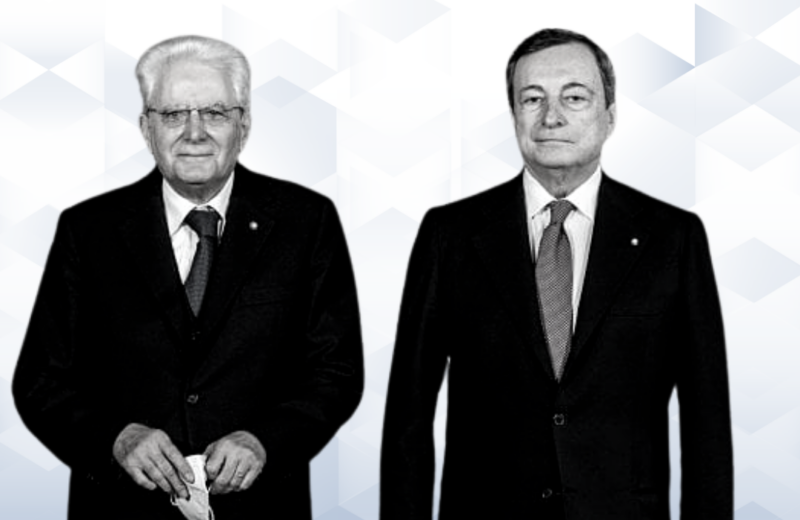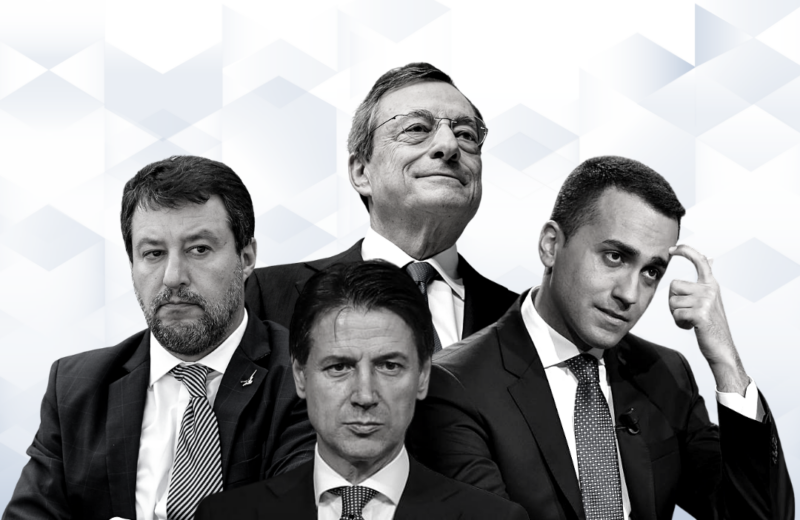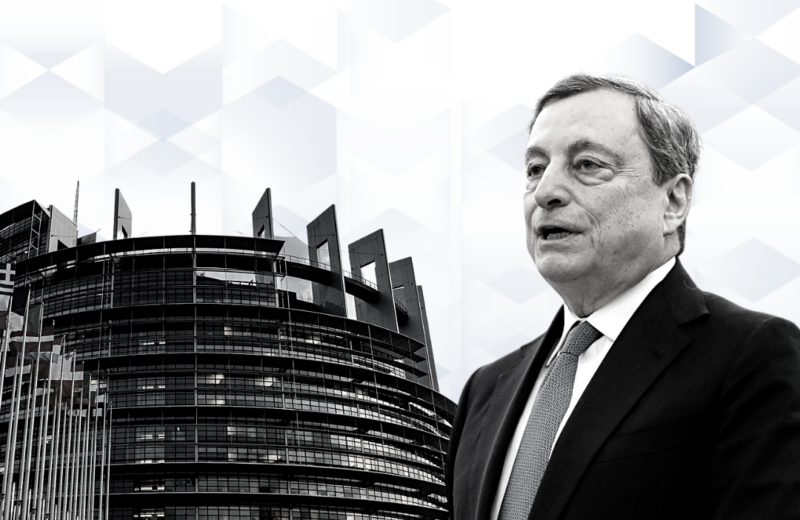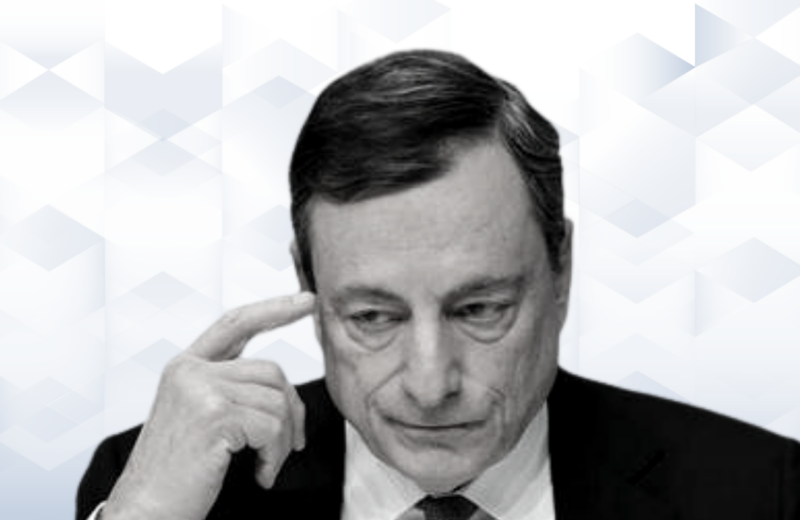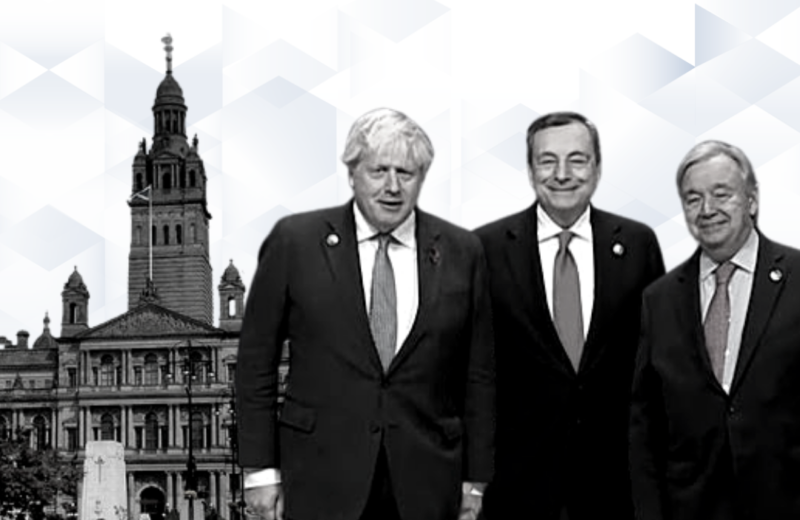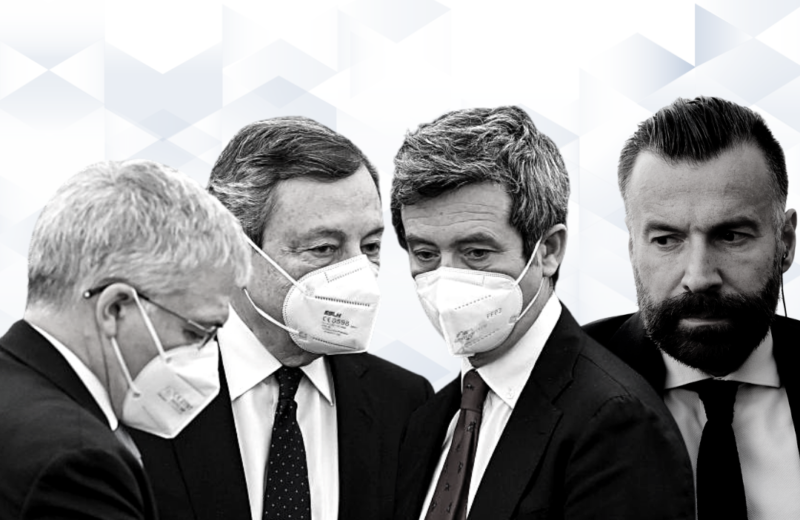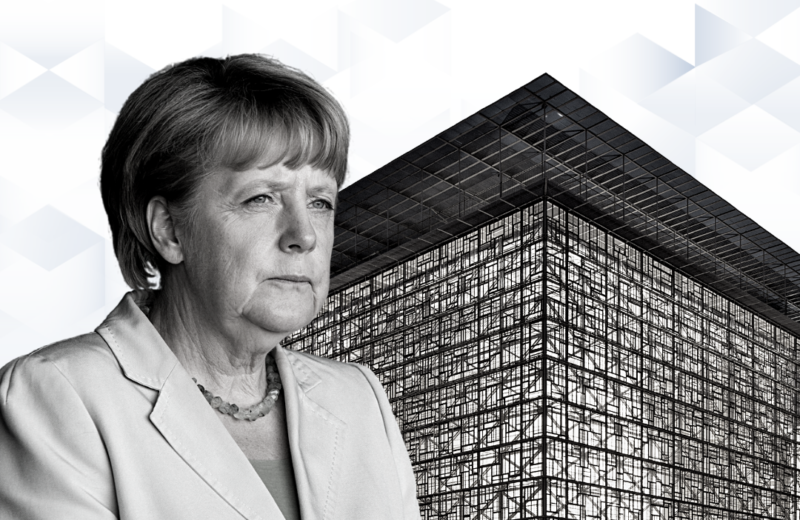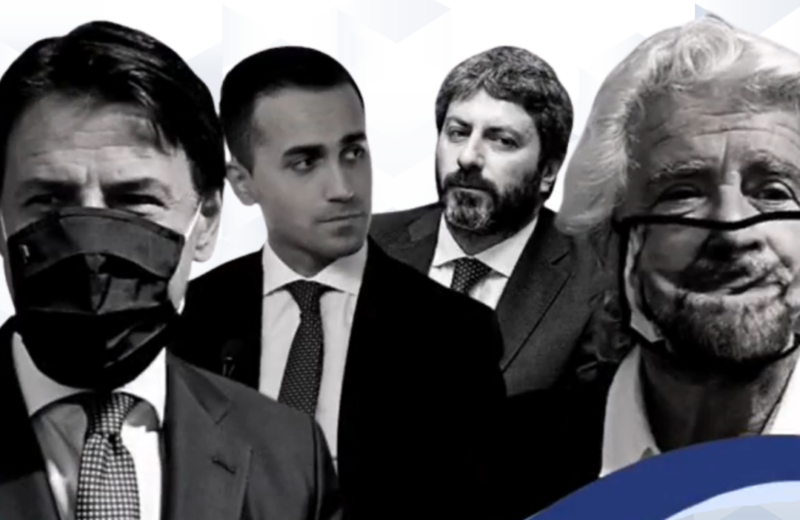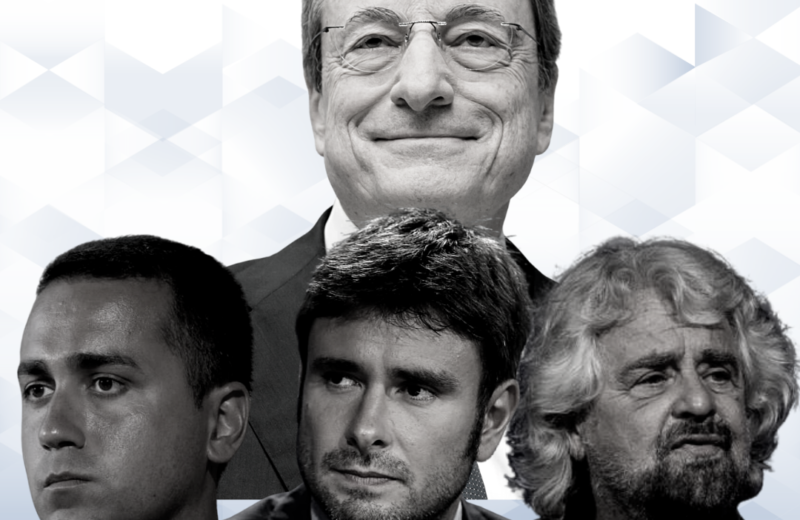Western sanctions on Russia and arms for Ukraine
The US, European partners and other Western countries declared economic war on Russia, adopting very harsh measures such as a ban on transactions with the central bank and the sovereign wealth fund of the Russian Federation to punish it for invading Ukraine.
The sanctions are designed to inflict long-term costs on the country and its population. By making it impossible for the central Moscow institution to support the value of the ruble, for example, the goal is to devalue it and isolate it completely (or almost, given the opposition of China and India) from the world financial circuits. The move is not designed to induce Vladimir Putin to make an immediate change of strategy: the armed conflict in Ukraine will continue in the weeks to come.
The effect will be a progressive isolation not only of the ruble but of Russia as a whole, as evidenced by the direct sanctions on the president and his circle or the disconnection (with some exceptions to pay for gas) of seven Russian banks from the SWIFT system. The consequences will not only affect large companies, but also small-medium Russian manufacturing enterprises whose products had already been delivered and are now awaiting the payments.
Italy is among the European countries most vulnerable to the potential boomerang effect of the measures adopted by the EU, given that the production of most of its most sought-after goods can be replicated on the territory of the Federation or by third countries. Furthermore, the sanctions could benefit China if Moscow decides to impose alternative interbank systems for the trading of its hydrocarbons or if it opts to rely on CIPS – the now well-established Chinese clone of the SWIFT.
This explains the initial hesitation of the United States in resorting to the “nuclear” financial weapon. Controlling in a more or less direct way the leading international platforms (internet, news agencies, messaging, e-commerce, payments, geolocation) is an integral part of the economic and information power of an empire. In this sense, the proliferation of immediately usable clones in vast and populous nations of the planet does not benefit American interests.
The exclusion of Russia from SWIFT has been described as a “nuclear” measure also in response to the Kremlin’s choice to put the Russian nuclear arsenal on maximum alert. The consequence is that in the future, Westerners may have to live with the atomic threat from Moscow just as the Russians will have to live under the weight of harsh economic conditions.
In the meantime, talks have begun between the Russian and Ukrainian delegations to end the war. The conflict has two stages: the long one, made of sanctions and the Russia-West confrontation; and the short one, made of negotiations and military confrontation.
The opening of the talks was made possible by the willingness of Ukrainian President Volodymyr Zelensky to negotiate the “neutral status of Ukraine” and the need of the Kremlin to obtain results quickly. Moscow’s goal is not the conquest of Ukraine, an operation that is obviously too expensive, but its neutralization.
From the Russian point of view, in fact, Kiev’s neutrality will allow for its eventual reconquest in the future, although it is not a necessary condition. For now, it means demilitarizing the Ukrainian army and stopping the flow of Western armaments reaching the former Soviet republic days after many European countries and the United States decided to send war material to Ukraine.
The most sensational cases are those of the hitherto cautious Germany and the hitherto neutral Sweden. Supplies have been interpreted as a means of helping the Ukrainians not to give in to the Russian assault, even if more than defeat on the ground, Westerners are likely to aim to prevent Kiev from succumbing to the neutrality demanded by Moscow.
The first surprise was the Nordics: Sweden, Finland, Denmark, and Norway send anti-tank missiles, Copenhagen authorizes its citizens to go and fight as volunteers at the front. The reasons are different, but it is a sign of a convergence of the Nordic bloc. This is demonstrated by the poll which for the first time in history assigns a Finnish majority to join NATO.
The real surprise, however, is Germany, which in addition to sending heavy weapons has approved an increase in military spending of one hundred billion euros and is discussing whether to reactivate military service and whether to accept France’s offer to share the nuclear weapon. The threat of war had not shaken the Germans, but the Russian invasion did.
The rearmament of Berlin is destined to become the news of the decade. The Americans, who had also obtained the indefinite suspension of Nord Stream 2 and the reduction of Russian gas imports, can rejoice. Even if such sudden developments, as always happens in German history, are imponderable and risk opening all kinds of scenarios.
Overall, the eastern flank of NATO is gearing up to support Ukraine militarily, a prelude to the inevitable strengthening of the front of the Russia-West confrontation in the months to come. Poland stands out in this field, which is a candidate to become the hub of war supplies, in line with its ill-concealed ambition to become the military pivot of Eastern Europe.
Yet European armaments may not be enough to make a difference, nor to prevent Moscow’s victory, whose war potential remains overwhelming. However, they will be essential for arming a possible Republic of Lviv and a resistance movement to the east of the Dnieper if Ukraine should break in two.
Partitioning the country is not Putin’s primary goal, as it would force Russia to manage a state of permanent tension in the area. But in war, things never go as planned.

